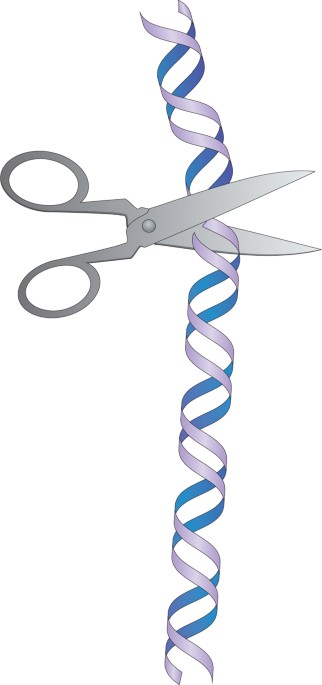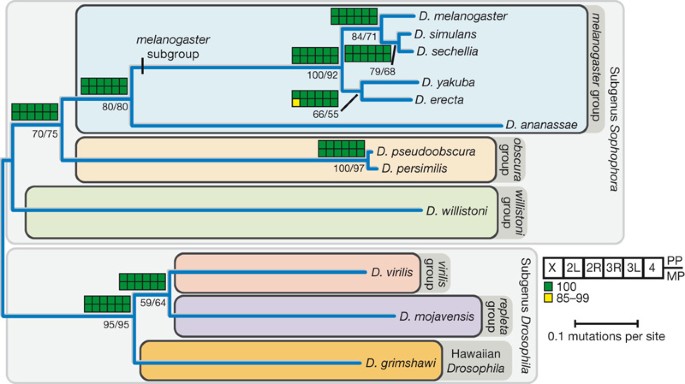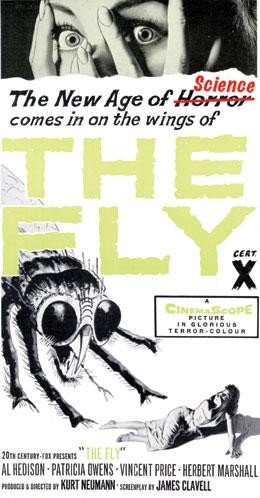
- Select a language for the TTS:
- UK English Female
- UK English Male
- US English Female
- US English Male
- Australian Female
- Australian Male
- Language selected: (auto detect) - EN
Play all audios:
Access through your institution Buy or subscribe CRISPR–Cas9-based genome editing can restore dystrophin protein expression and improve muscle structure and function in the _mdx_ mouse model
of Duchenne muscular dystrophy (DMD), according to three reports recently published in _Science_. Most cases of DMD are caused by frameshift mutations in the dystrophin (_DMD_) gene that
lead to the production of a truncated, non-functional form of the dystrophin protein. The genome editing strategy is based on the premise that excision of one or more exons of the mutant
gene can restore the DMD reading frame, enabling an internally truncated but functional protein to be generated. This is a preview of subscription content, access via your institution ACCESS
OPTIONS Access through your institution Subscribe to this journal Receive 12 print issues and online access $209.00 per year only $17.42 per issue Learn more Buy this article * Purchase on
SpringerLink * Instant access to full article PDF Buy now Prices may be subject to local taxes which are calculated during checkout ADDITIONAL ACCESS OPTIONS: * Log in * Learn about
institutional subscriptions * Read our FAQs * Contact customer support REFERENCES * Nelson, C. E. _ et al_. _In vivo_ genome editing improves muscle function in a mouse model of Duchenne
muscular dystrophy. _Science_ http://dx.doi.org/10.1126/science.aad5143 * Tabebordbar, M. _ et al_. _In vivo_ gene editing in dystrophic mouse muscle and muscle stem cells. _Science_
http://dx.doi.org/10.1126/science.aad5177 * Long, C. _ et al_. Postnatal genome editing partially restores dystrophin expression in a mouse model of muscular dystrophy. _Science_
http://dx.doi.org/10.1126/science.aad5725 Download references Authors * Heather Wood View author publications You can also search for this author inPubMed Google Scholar RELATED LINKS
RELATED LINKS RELATED LINKS IN NATURE RESEARCH Ousterout, D. G. _ et al_. Multiplex CRISPR/Cas9-based genome editing for correction of dystrophin mutations that cause Duchenne muscular
dystrophy. _Nat. Commun._ 6, 6244 (2015) RIGHTS AND PERMISSIONS Reprints and permissions ABOUT THIS ARTICLE CITE THIS ARTICLE Wood, H. Genome editing shows promise in an _in vivo_ model of
Duchenne muscular dystrophy. _Nat Rev Neurol_ 12, 63 (2016). https://doi.org/10.1038/nrneurol.2016.4 Download citation * Published: 18 January 2016 * Issue Date: February 2016 * DOI:
https://doi.org/10.1038/nrneurol.2016.4 SHARE THIS ARTICLE Anyone you share the following link with will be able to read this content: Get shareable link Sorry, a shareable link is not
currently available for this article. Copy to clipboard Provided by the Springer Nature SharedIt content-sharing initiative




